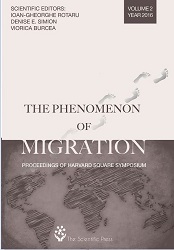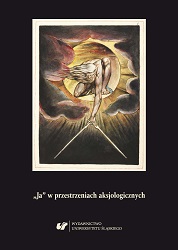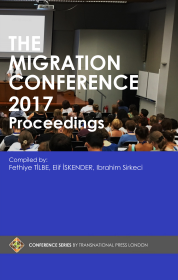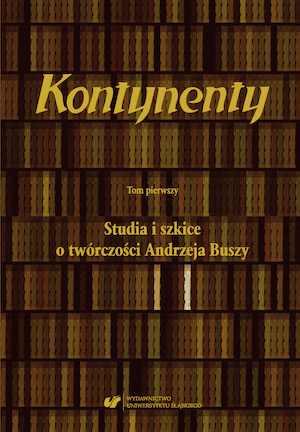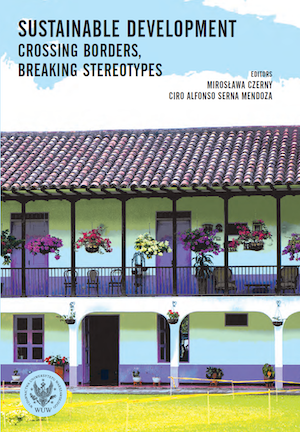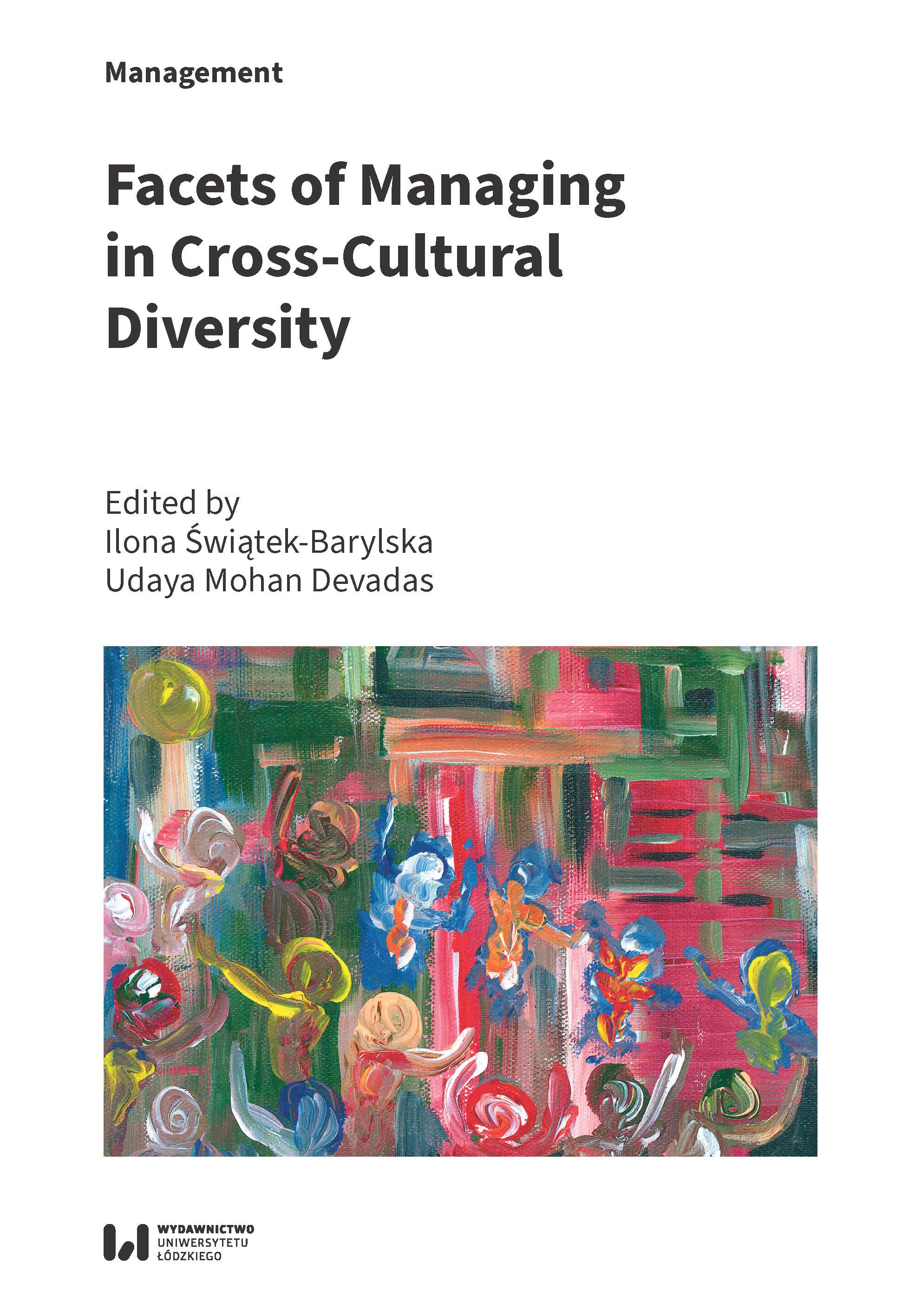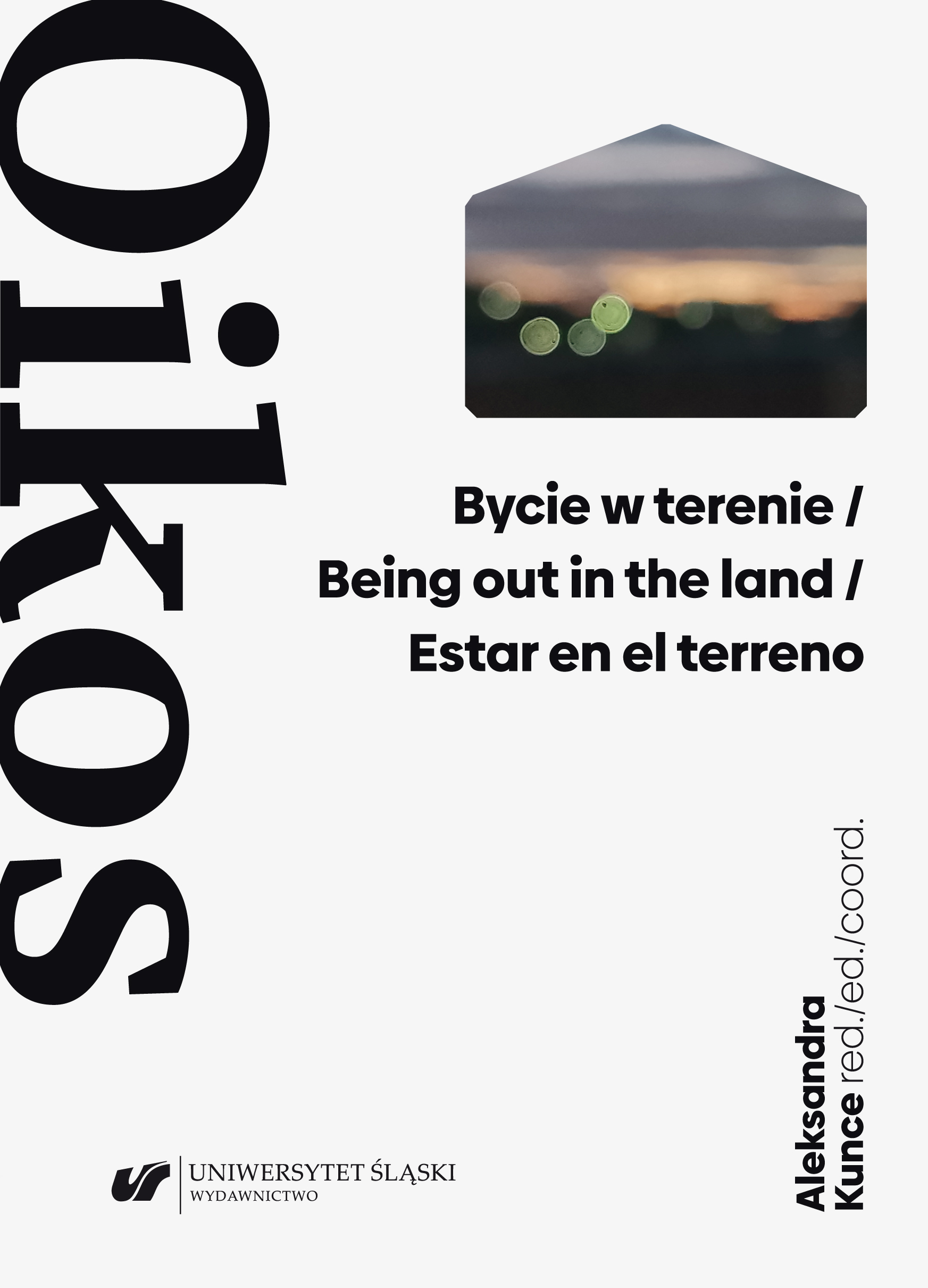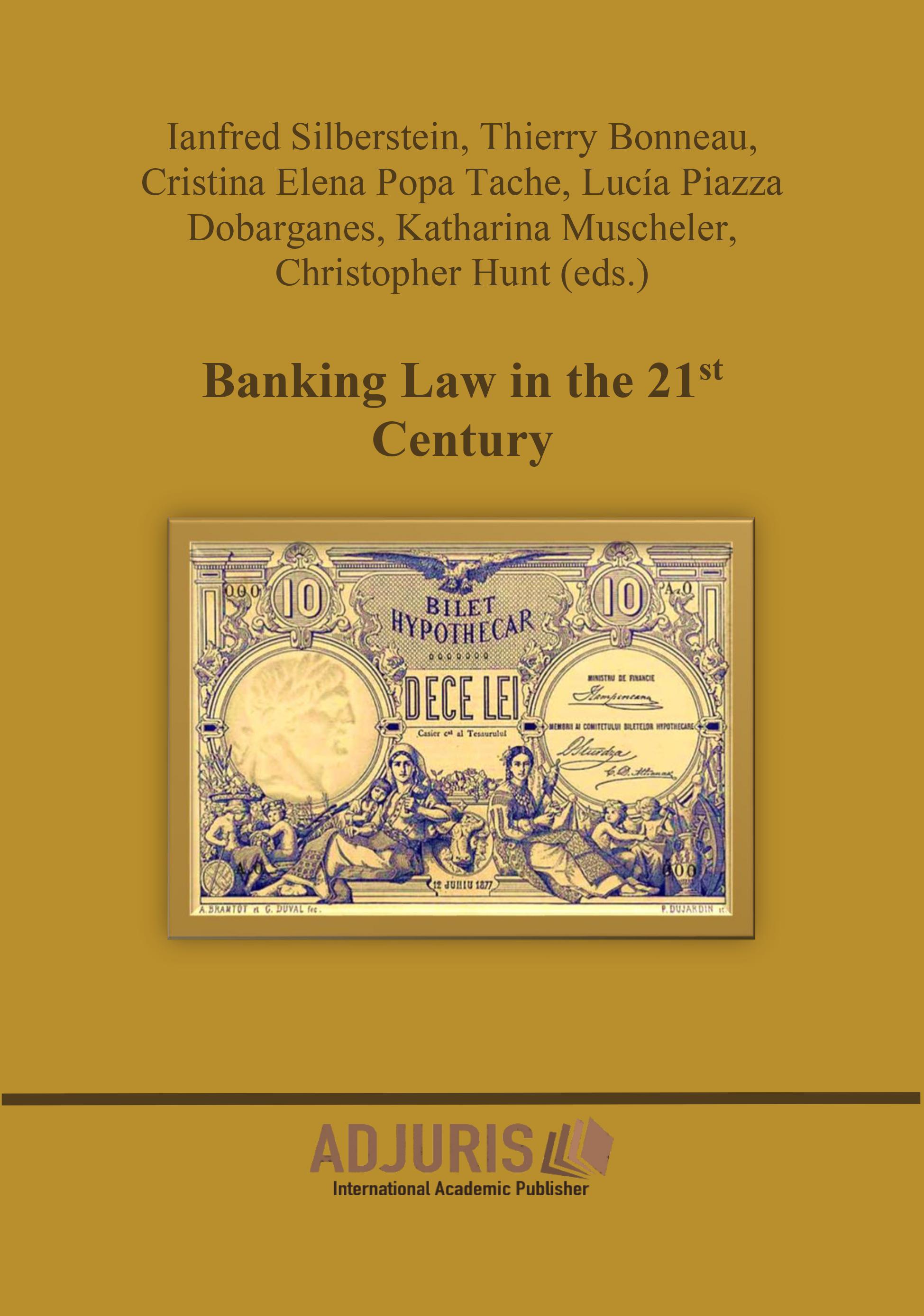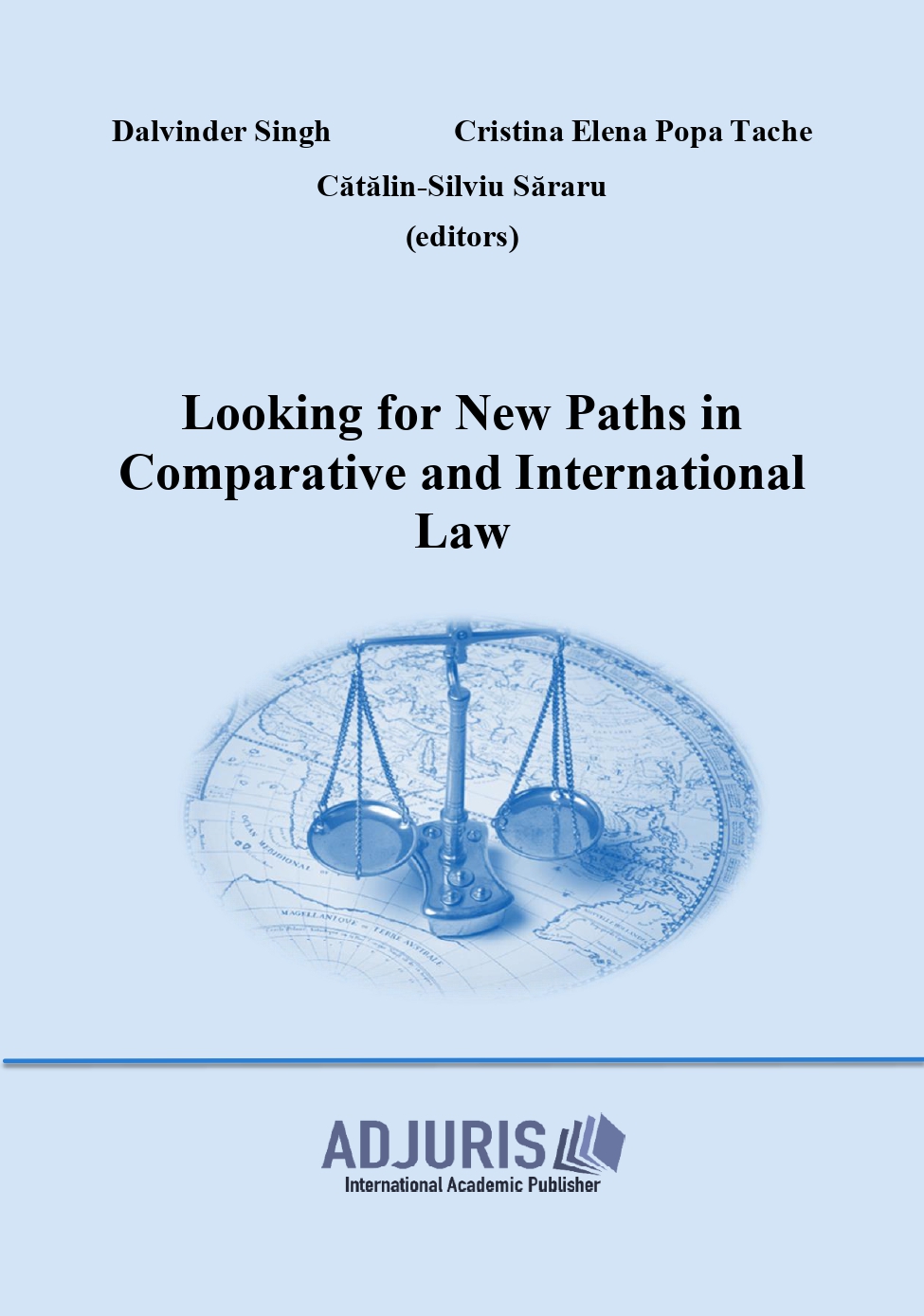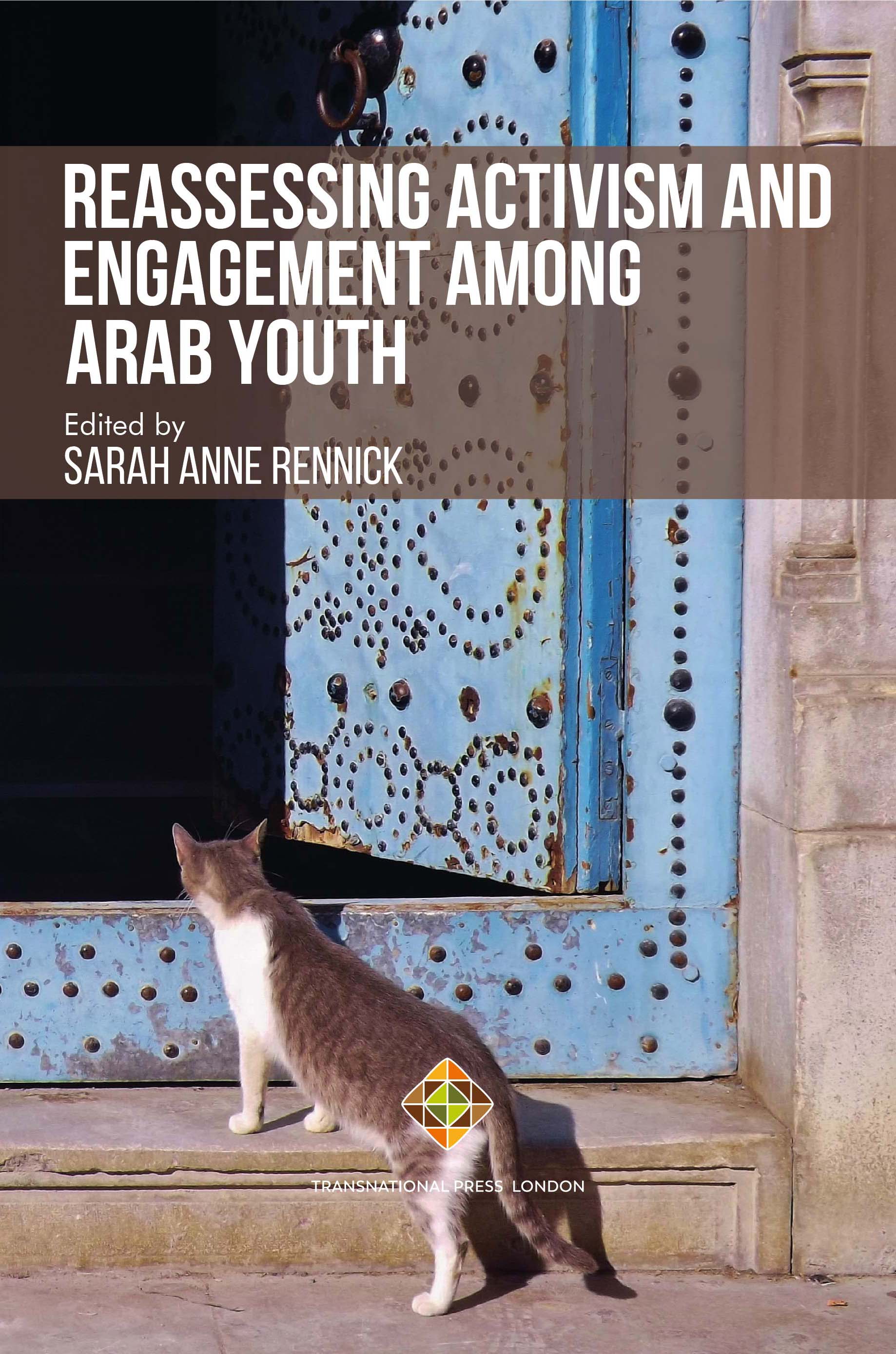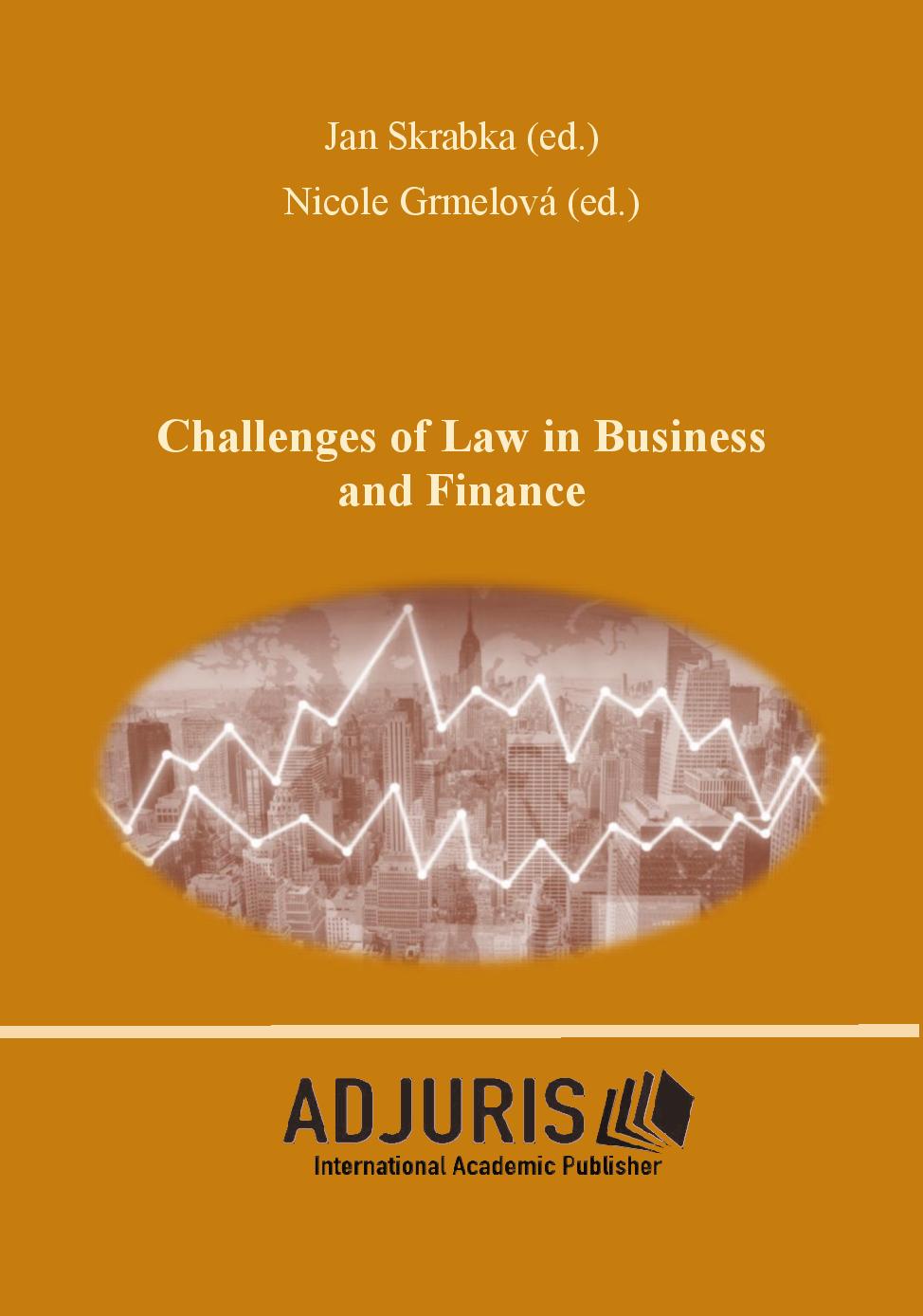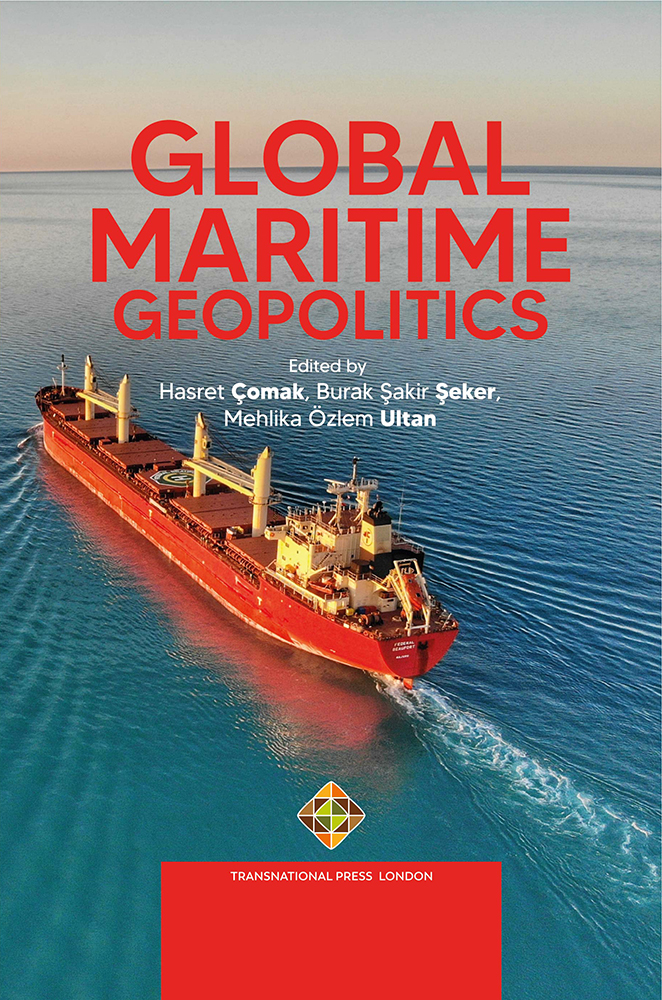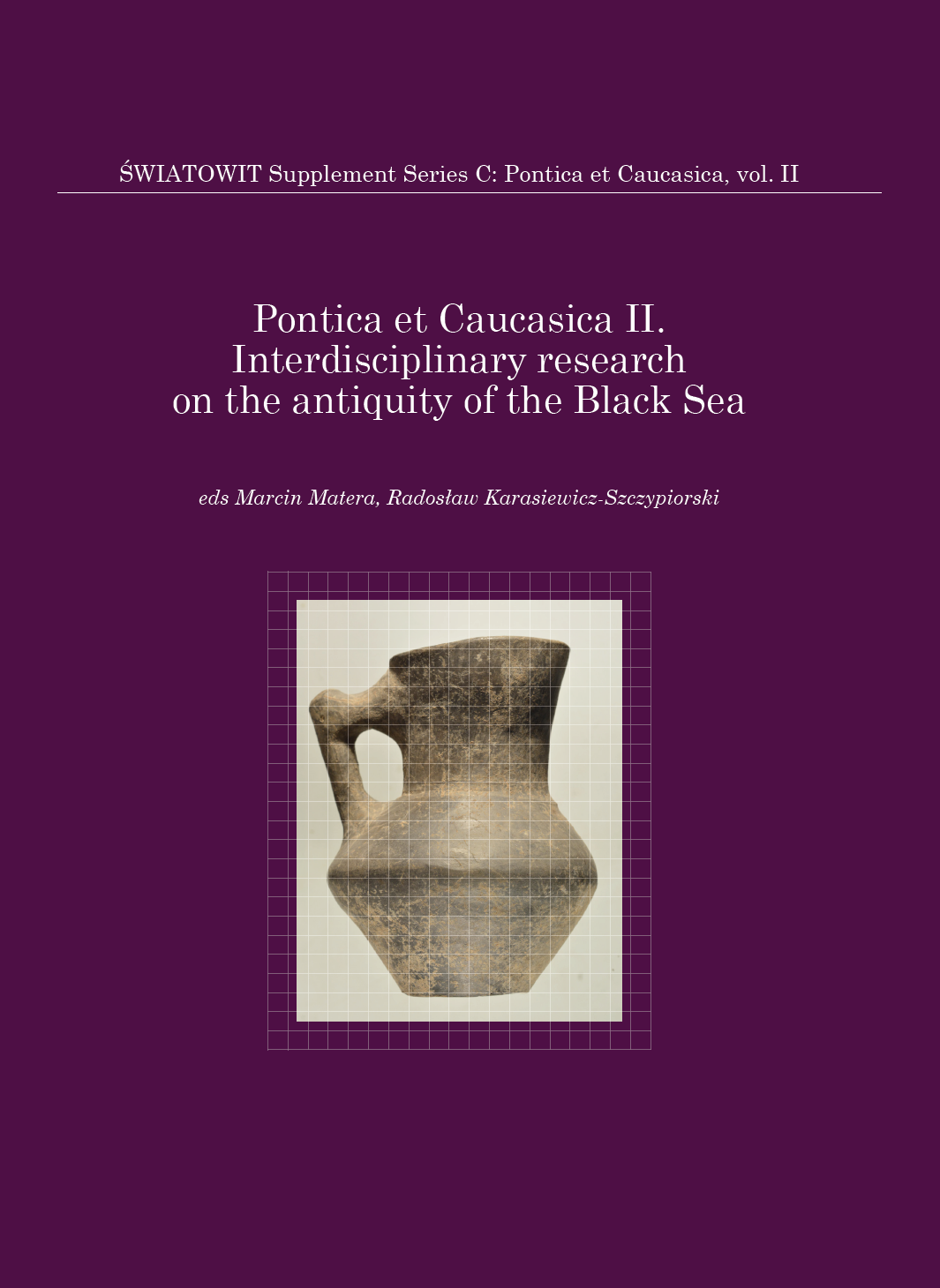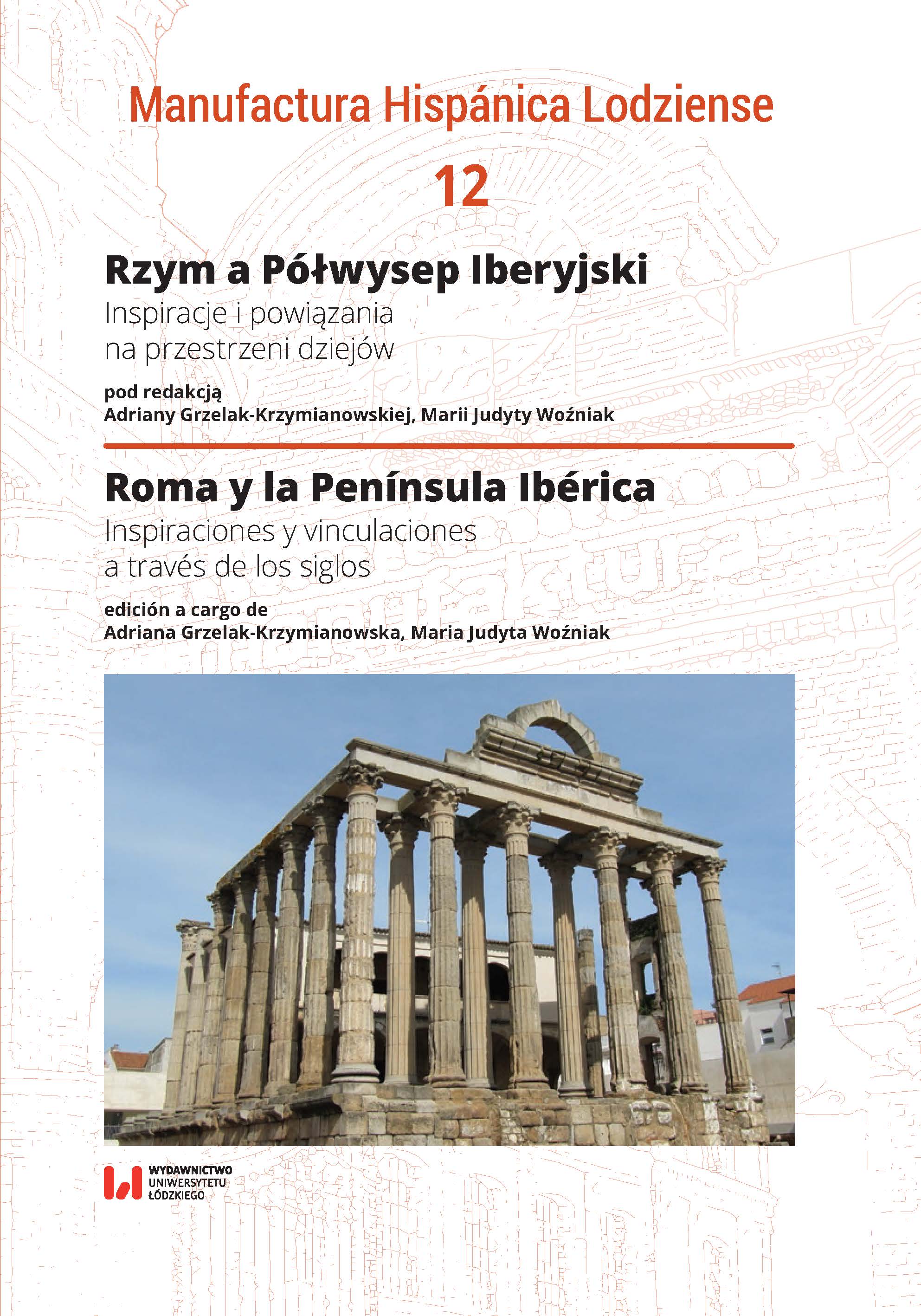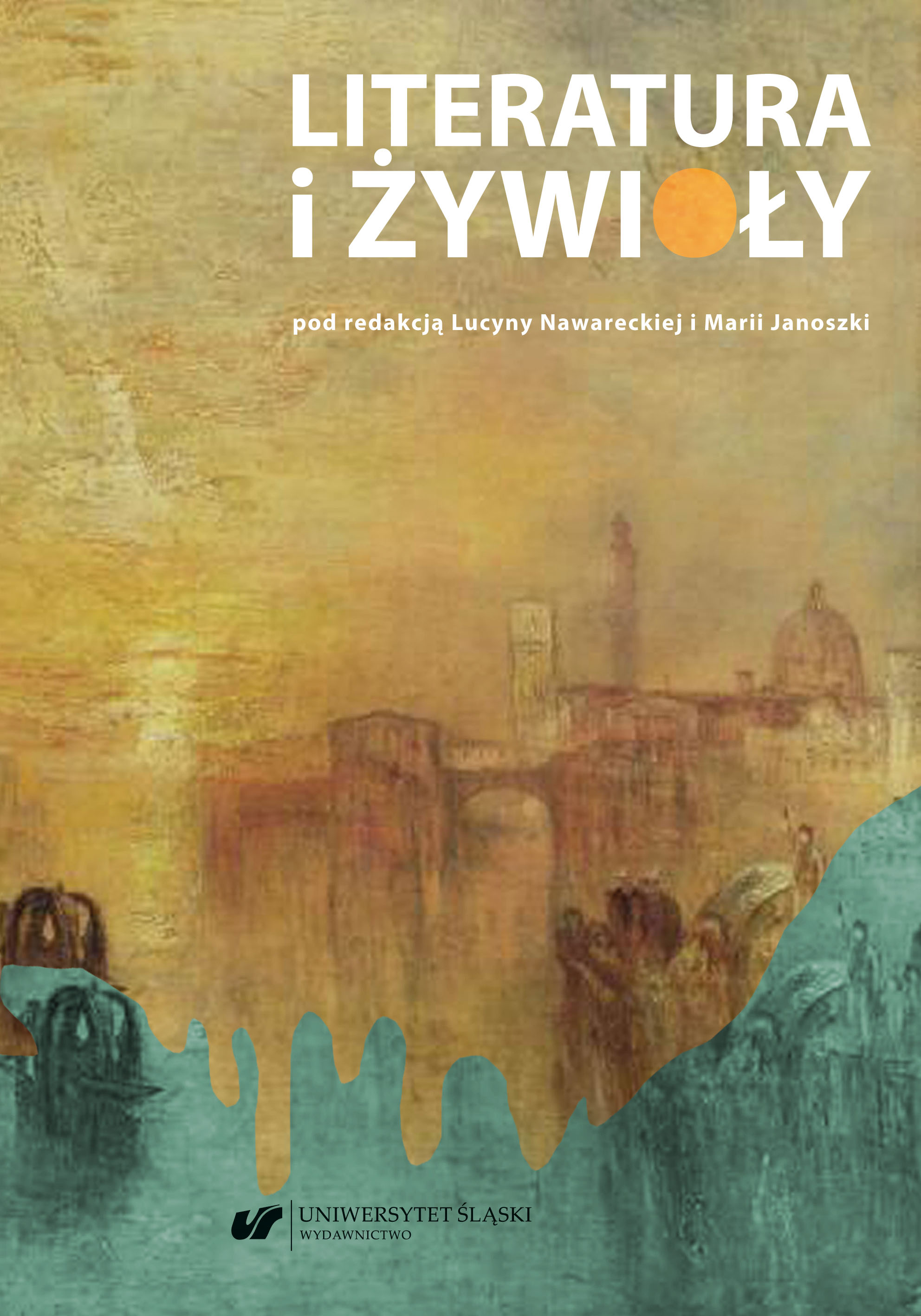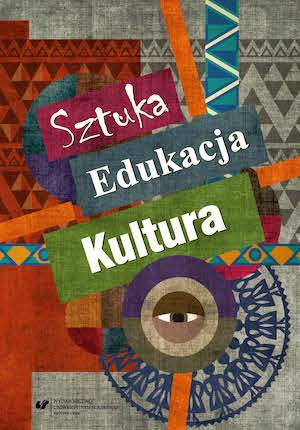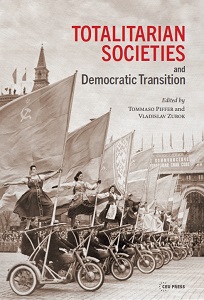
Totalitarianism avant la lettre
Totalitarianism avant la lettre
Keywords: USSR;Totalitarianism;
To say that anti-Stalinism is an ambiguous concept is not to diminish its liberating value within the communist movement, as well as, indirectly, for the world that opposed it. In addition to individual denunciations of Stalin (such as Koestler’s and Silone’s), two major attacks were launched against his system of power. The first was the one by his rival to succeed Lenin, Leon Trotsky. The latter fought against Stalin while still in the Soviet Union, and then, in a more overt and systematic way, after his expulsion from it in 1929. The democratic West provided him with an environment conducive to an open war against the man he believed had betrayed the Bolshevik revolution. Stalin paid him back with boundless violence, which was verbal first, in the form of a campaign of denigration and falsification, and then physical, when he had him assassinated by one of his agents. The second attack—different from the first in both nature and effectiveness, as well as with regard to the historical moment in which it occurred—was launched in the highest echelons of the Soviet Union’s communist power, soon after Stalin’s death, by one of his close collaborators, Nikita Khrushchev, during the 20th Congress of the Communist party.
More...
